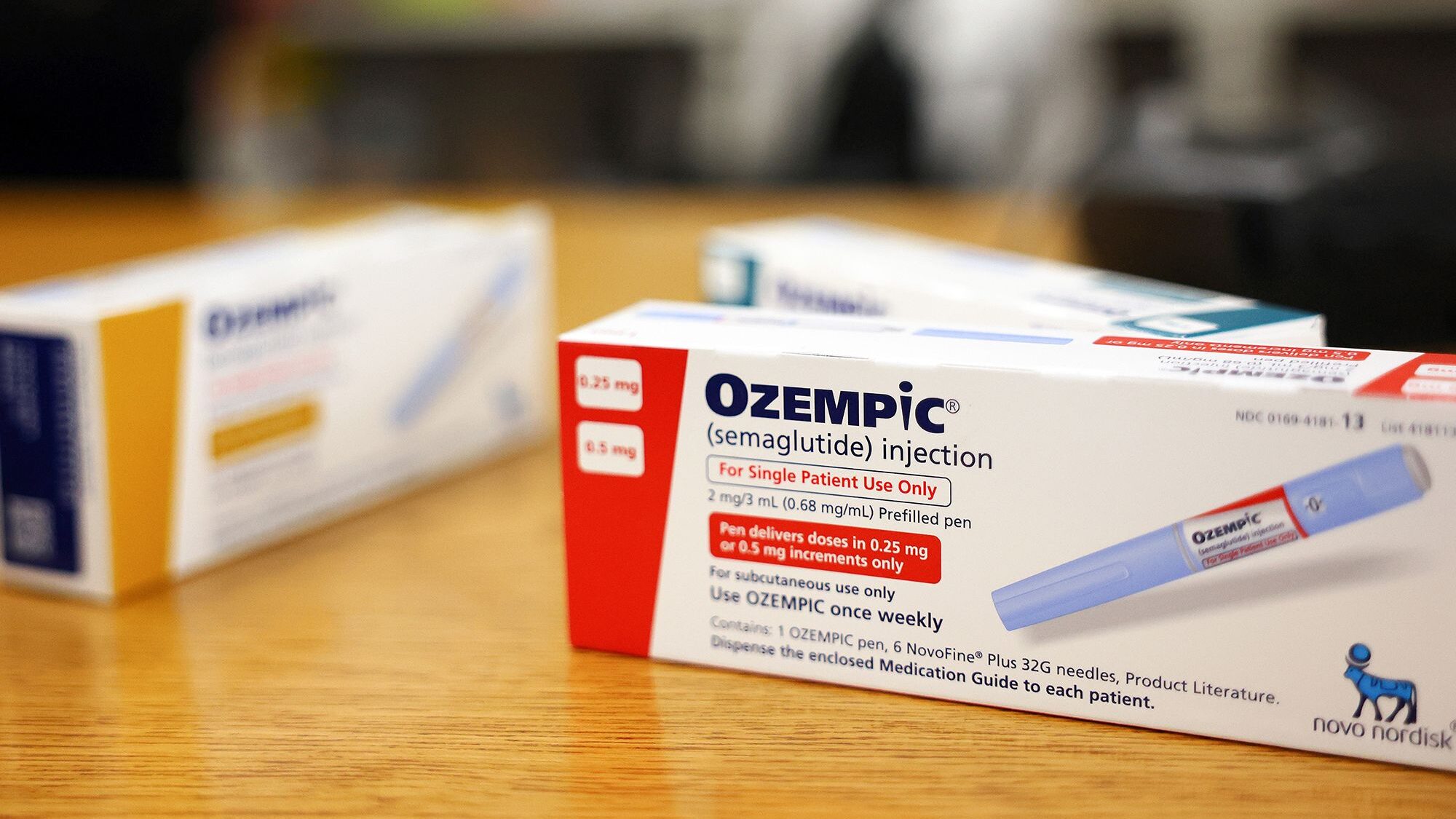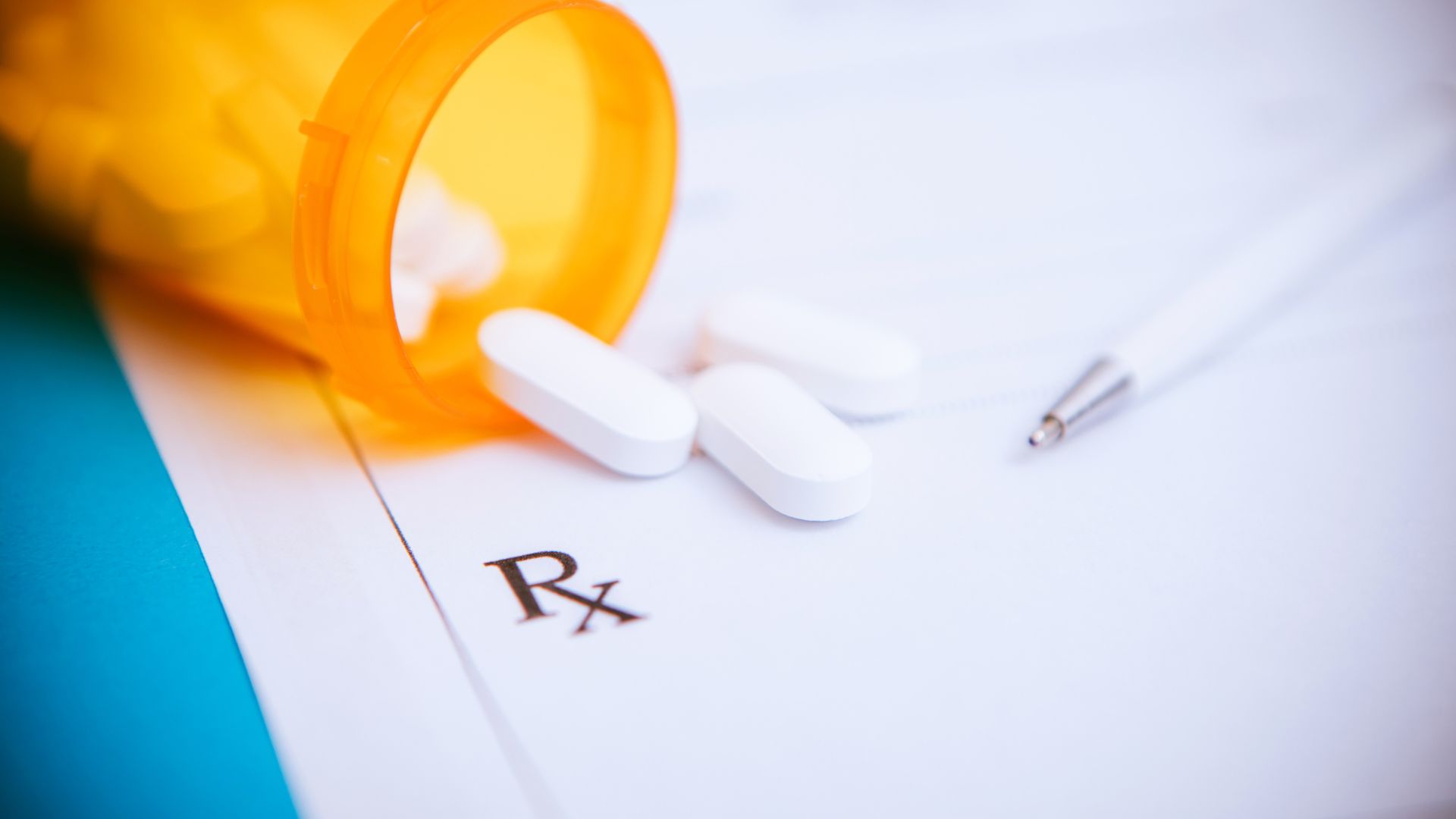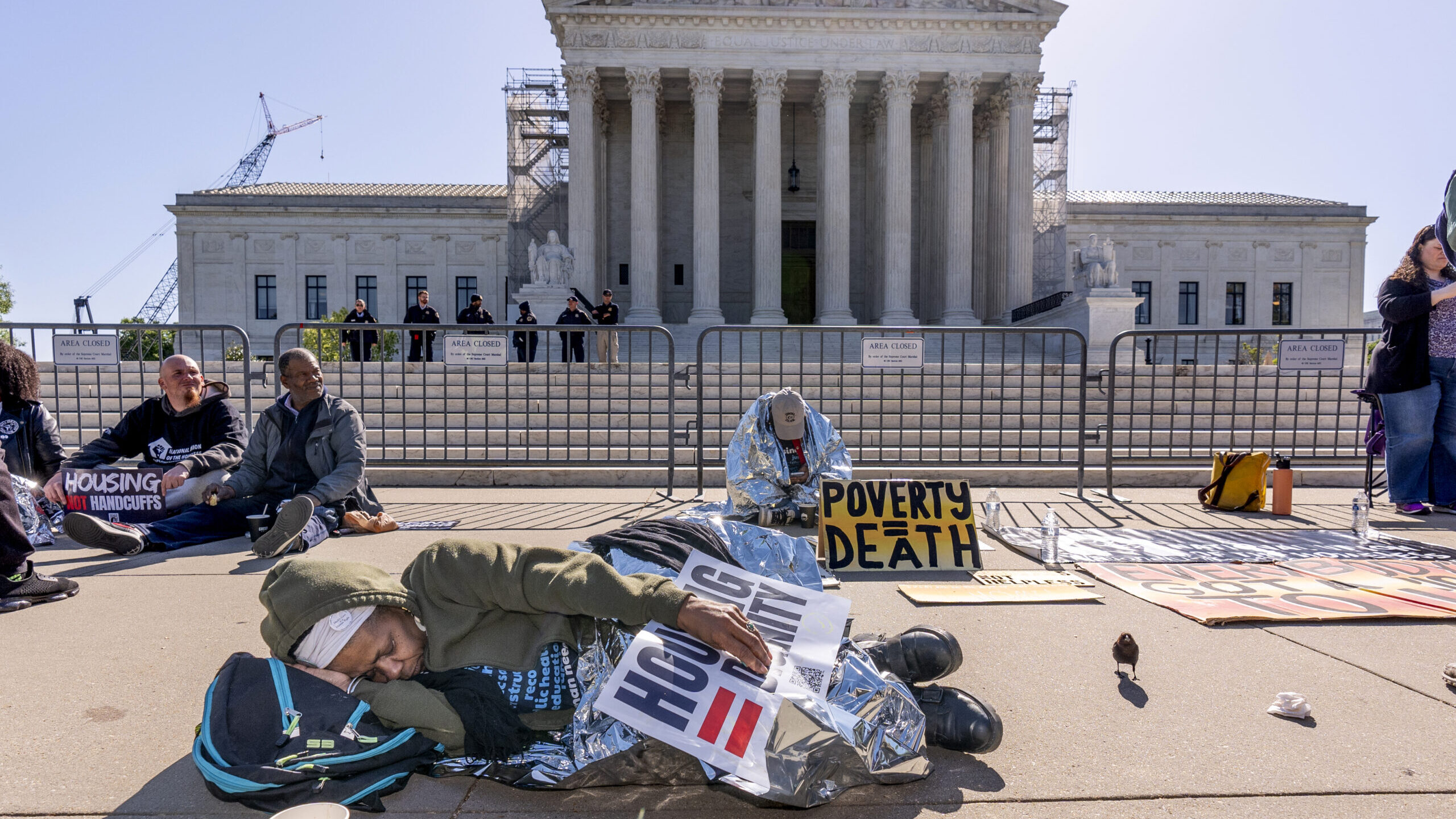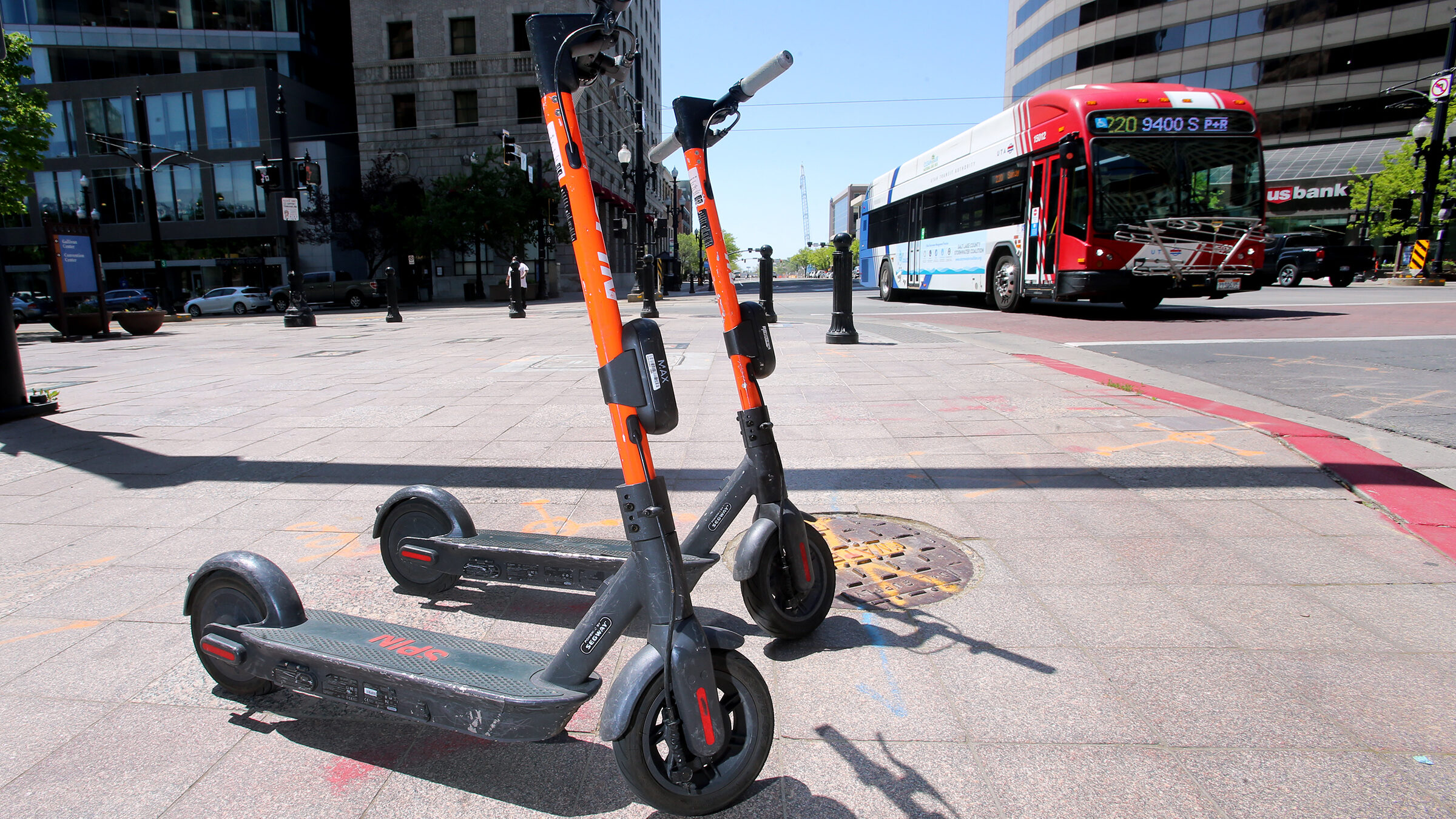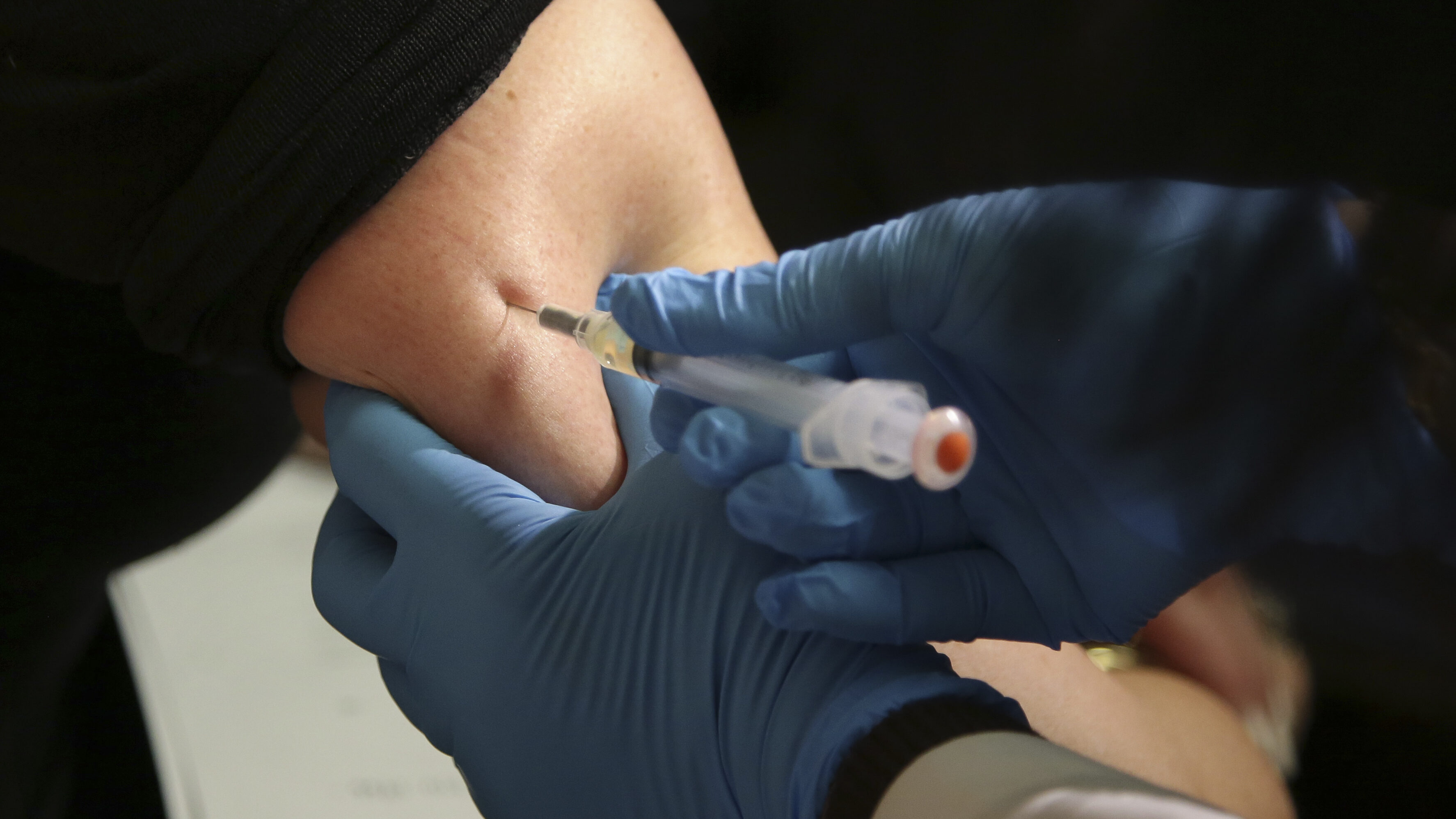Prime energy drinks, caffeine and your kids
Jul 12, 2023, 11:00 AM | Updated: Jul 13, 2023, 3:22 pm
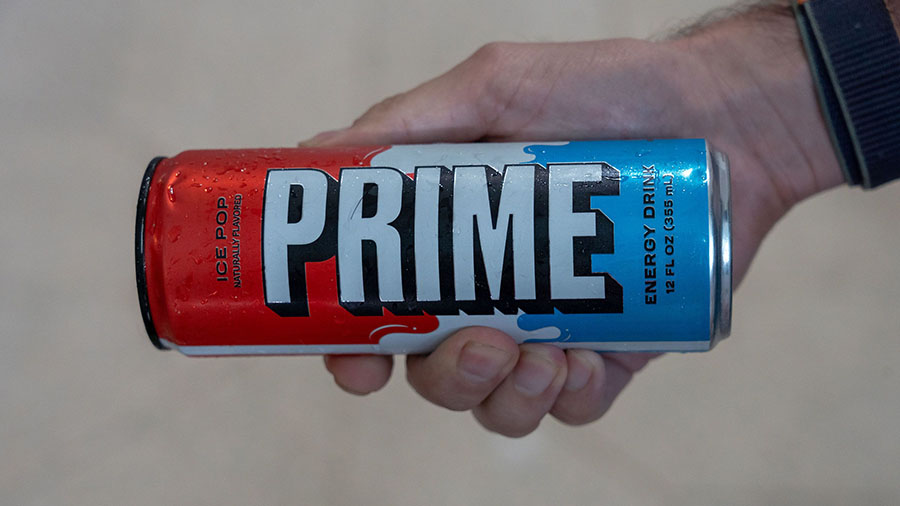
Prime Energy drinks are gaining a huge following among young kids — but they're not so good for them. (Ron Adar/Shutterstock)
(Ron Adar/Shutterstock)
SALT LAKE CITY — This week, we saw Sen. Charles Schumer ask the FDA to investigate Prime Energy drinks, a brand favored by social media influencers and YouTube stars like Logan Paul.
The neon-colored drinks contain 200 milligrams of caffeine. That is about the equivalent of six Cokes, two Red Bulls or Rockstars, and two or three cups of coffee.
All in one 12-ounce drink.
Prime Energy drinks aren’t even the worst though, in terms of caffeine. Celsuis Heat has 300 mg of caffeine. So does Bang and Rockstar Xdurance.
“Those are very high doses,” said Tiana Barker, a registered dietitian with Intermountain Health. “Way more than the recommended, especially for adolescents.”
How much caffeine is OK for kids? Not what’s in Prime Energy drinks
For adults over 18 years of age, we can have about 400 milligrams of caffeine per day, preferably not all at once. But for adolescents?
“Young kids are not recommended to have more than 100 milligrams of caffeine,” Barker said.
In other words, half of Prime Energy drinks — or one-third of a Bang — at the most.
“Caffeine is a stimulant, and that can affect growing bodies.,” said Barker.
That’s one of the reasons why caffeine is more dangerous for kids than adults.
What does caffeine do to the body?
“Mood fluctuations, jitteriness, anxiety attacks, headaches, and there is the crash that happens,” Barker said.
Even more seriously, there are “lots of indications that some cardiovascular issues, including heart palpitations, rapid heartbeat and elevated blood pressure,” can be consequences of too much caffeine.
One of the key things to understand is that people use caffeine to replace the energy they should be getting from food.
“It is better to rely on food sources versus these caffeinated sources for energy,” Barker explained, “and especially to make it sustainable for young bodies.”
Are Prime Energy drinks, or any caffeinated drink, ever OK?
Barker wanted to make it clear that she isn’t saying that all caffeinated beverages are demonized.
“There are benefits from having the natural sources of caffeine that come from teas, coffees, things like that,” she said. “Coffee is full of good vitamins and minerals.”
The problem is when you get into the highly synthetic caffeine in energy drinks and the large quantities of caffeine in each can.
Additional warning in the heat
Another attribute of energy drinks is their diuretic effect. In other words, they dehydrate the body. That can be especially dangerous during the hot summer months when you need to keep hydrated.
“[These drinks can] pull water out of our bodies, and we want to be careful about that,” Barker said. “And then you add carbonation to some of those drinks, and it’s not as hydrating.”
Her advice? For hydration year-round and in the heat — stick to water.


